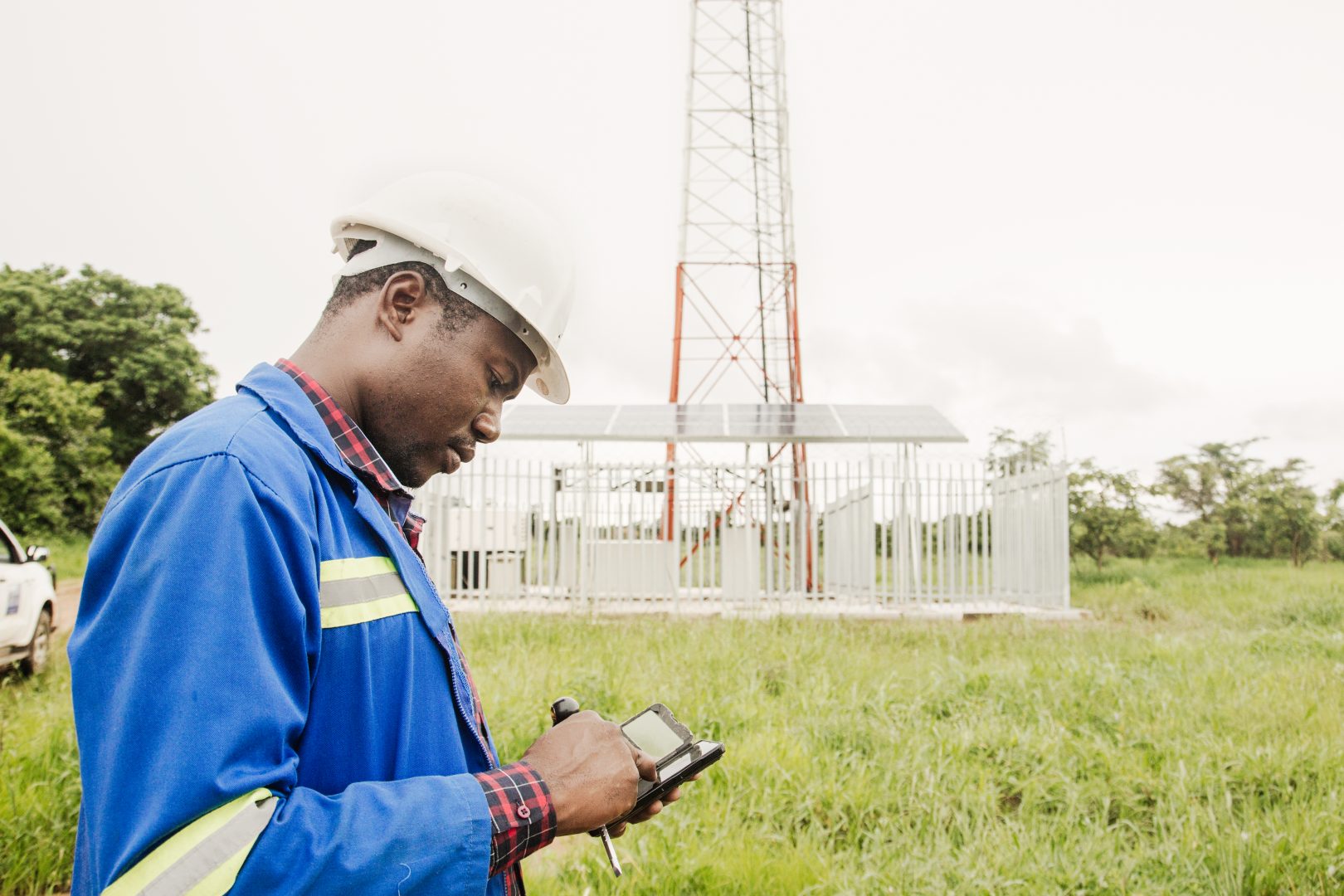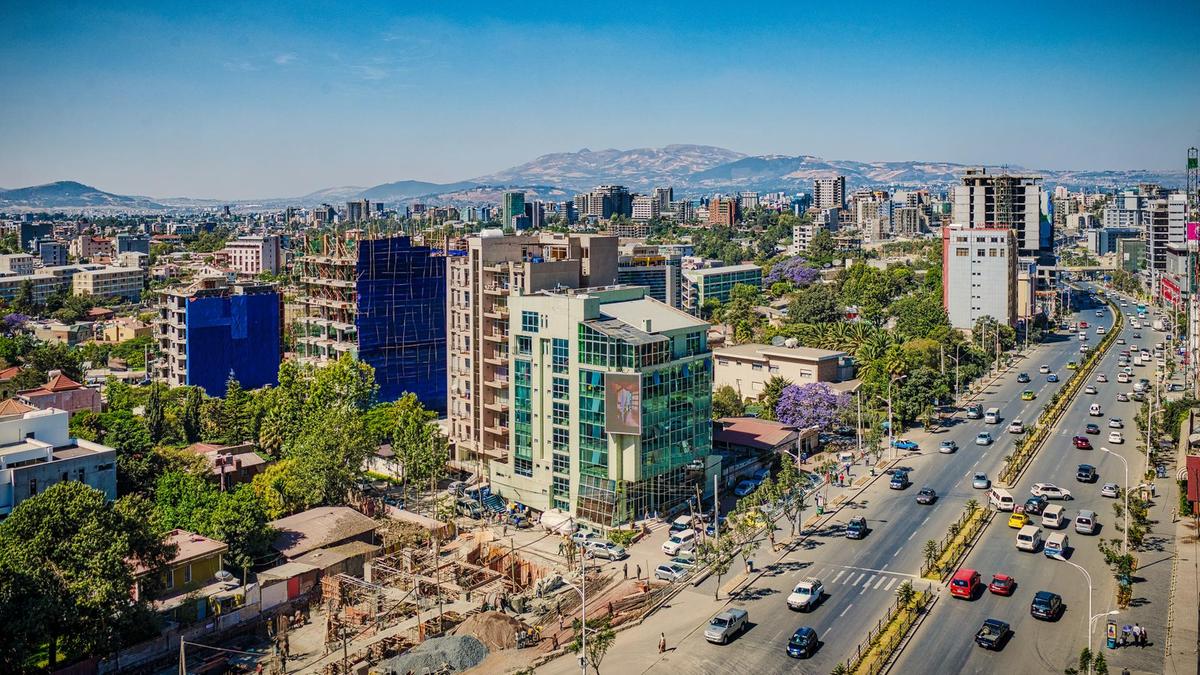By Tenbite Ermias, Managing Director for Africa, CDC Group
The announcement earlier this week that The Global Partnership for Ethiopia consortium had won a mobile network licence in Ethiopia was a significant milestone at a difficult time for its people. The largest country in the horn of Africa, building up its long-term digital infrastructure will be a significant contribution to a region that continues to struggle with fragility and conflict. The press release on the successful bid can be found here.
The impact consortium, which is composed of CDC, Safaricom, Vodafone, Vodacom and Sumitomo is ready to roll out a state-of-the-art network, mixing various technologies to deliver affordable internet access for tens of millions of people.
This digital and telecommunication transformation will be an important contributor to Ethiopia’s development agenda for decades to come as the world becomes increasingly connected. Modern, stable and flourishing economies are built on strong infrastructure, access to digital networks and global trade. Indeed, we expect that the affordable digital infrastructure that will result from this investment will create the foundations for Ethiopia’s growth as it aims to reach lower middle-income country status over the coming five years. Strong mobile networks will bring vital economic opportunities to Ethiopians, from urban dwellers and farmers to businesses large and small.
Our investment will drive significant impact through:
- Improving access, quality and affordability of mobile services by reaching tens of millions of users – with the majority accessing 4G connection and potentially mobile money services; prices are expected to reduce up to 75 per cent, by 2032.
- Significantly boosting the economy via GDP growth, impacting over a million jobs with digital training and skills, productivity improvements for countless SMEs and micro-entrepreneurs
- Generating taxes to pay for vital public services that will exceed $1 billion by 2032.
- Enabling greater social inclusion though the provision of digital services to the most underserved. By 2032, c. 24 million individuals will have access to digital health, agriculture, education and skills services for the first time.
In short, investments don’t get more impactful than this, and I can’t think of a better way for an impact investor such as CDC to deploy patient, long-term capital.
As international banks retreat from the continent, African countries need investment now more than ever as they try to recover from the COVID-19 pandemic. Foreign Direct Investment to Ethiopia had already dropped by nearly a quarter since 2018. And African countries need investment partners that can provide patient, long-term capital that bolsters economic growth and which supports the UN’s Sustainable Development Goals (SDGs).
I am proud that CDC is embarking on this journey with its like-minded consortium partners and warmly congratulate everyone involved in making this transformative investment happen.
Impact investing just went mainstream.







